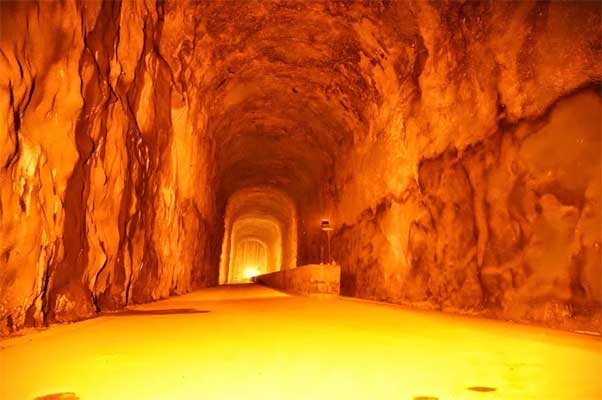Daijiworld Media Network - New Delhi
New Delhi, Sep 17: A new underground oil storage facility will be constructed at Padur in Udupi district by Megha Engineering & Infrastructures Ltd (MEIL).
MEIL won the bid floated by Indian Strategic Petroleum Reserves Ltd (ISPRL), marking the first time a private company has bagged such a project. The facility, with a capacity of 2.5 million metric tonnes, will be built at an estimated cost of Rs 5,700 crore.

For the construction, 214 acres of land in Padur will be handed over free of cost to MEIL by ISPRL. Notably, ISPRL already operates an oil storage facility in Padur. For the second phase, bids were invited from domestic and international companies, but no global firms participated, reports said.
As per the agreement, MEIL can lease the storage space to the government or oil companies to generate revenue. However, in times of emergency, the government will have the first right over the stored crude oil. The company is required to complete the facility within five years and will maintain it for 60 years.
Why are oil reserves necessary?
Globally, several countries maintain strategic petroleum reserves. China leads with a storage capacity of 1,200 million barrels, followed by the United States with 714 million barrels. Currently, India has a capacity of 5.33 million metric tonnes, enough to meet only nine days of emergency requirements. The government plans to expand this to 15 million metric tonnes within the next 10 years. The International Energy Agency (IEA) recommends its member countries maintain reserves sufficient for 90 days of consumption.
Where are India’s reserves located?
ISPRL has already set up underground oil storage facilities in Mangaluru, Padur (Udupi), and Visakhapatnam. Among these, Padur has the largest capacity, capable of storing 2.5 million tonnes (17 million barrels). Mangaluru has a capacity of 1.5 million tonnes, while Visakhapatnam can store 1.33 million tonnes.
India imports 83% of its crude oil. Domestic refineries currently hold reserves equivalent to 65 days of demand. To enhance capacity, ISPRL is planning additional facilities at Chandikhol in Odisha, Bikaner in Rajasthan, and Rajkot in Gujarat.
During the Covid-19 pandemic, when international crude prices fell sharply, India purchased oil at low prices and filled its reserves, saving nearly Rs 5,000 crore in foreign exchange, according to the petroleum ministry.